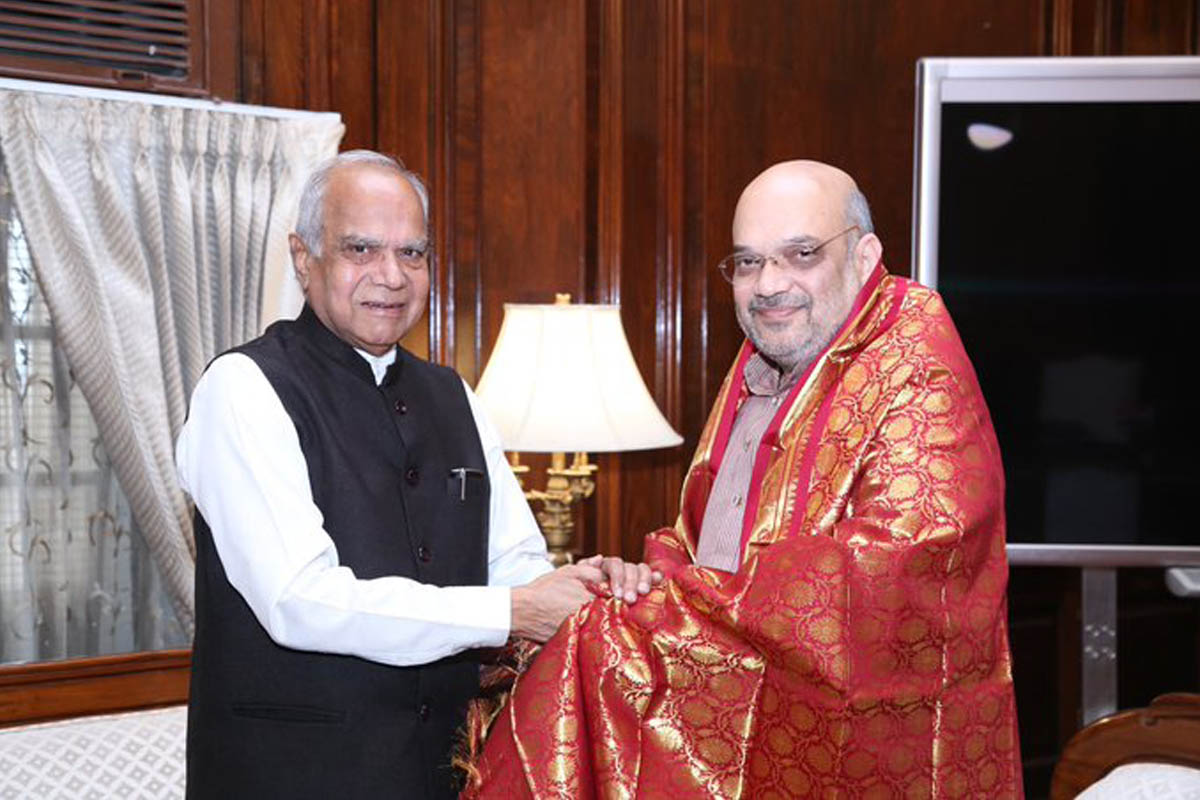The Governor of a State, before assuming office, swears to “preserve, protect and defend” the Constitution and the law to the best of his/her ability. Banwarilal Purohit, Governor of Tamil Nadu, in his traditional address to the Assembly on Monday violated his oath of office by advocating dual citizenship to Tamil refugees from Sri Lanka living for long, a number of them for more than three decades, in Tamil Nadu.
Article 9 of the Constitution does not allow dual citizenship. The recently enacted Citizenship Amendment Act which came into effect on 10 January, singles out Sri Lankan Tamil refugees, along with Muslims from neighbouring Pakistan, Afghanistan and Bangladesh, for keeping out of Indian citizenship. A large number of Tibetans are living as refugees for more than five decades in India.
Advertisement
The CAA has not barred them from seeking Indian citizenship. The Tamils have kept the BJP out of the corridors of power in Tamil Nadu. But that cannot be the reason for denying citizenship right to Tamil refugees from Sri Lanka, a neighbour with whom India has closest relationship. It ill becomes Governor Purohit to advocate dual citizenship for Sri Lankan refugees though it has been the demand of the ruling AIADMK. When the demand is not in sync with constitutional provisions, can the Governor take it up officially?
The Governor’s address is no doubt prepared by the party in power, but the Governor need not read it out like a parrot in the Assembly. There are numerous instances of Governors skipping passages they considered inappropriate while delivering the address in the Assembly. In January 2018, the Kerala Governor P Sathasivam, a former Chief Justice of India, omitted portions he considered highly critical of the BJP government at the Centre while delivering the address in the Assembly.
In 1969, West Bengal Governor Dharma Vira deleted a section of the address prepared by the State government which he considered scurrilous. The proper course to be followed would be for the Governor to communicate to the government his objection and get them ratified. Once the text is approved, it is the duty of the Governor to deliver it in full. Demand for dual citizenship was first mooted by former Chief Minister J Jayalalitha in 2016, but it was not included in the Governor’s address her government prepared.
Instead, she submitted a memorandum to Prime Minister Narendra Modi. Nothing came of it. Sri Lanka, like India, does not permit dual citizenship. If India grants Sri Lankan Tamils citizenship, they stand to lose their Sri Lankan citizenship. The best course would be to grant citizenship to those Sri Lankan refugees who want it so that they can seek employment or set up business in the country.
But for the support extended by the AIADMK, especially in the Rajya Sabha, the CAA would not have become a law today. The CAANational Register of Citizens combine is an attempt to divide Hindus and Muslims and to create social instability. Tamil Nadu has ruled out implementation of the NRC.











